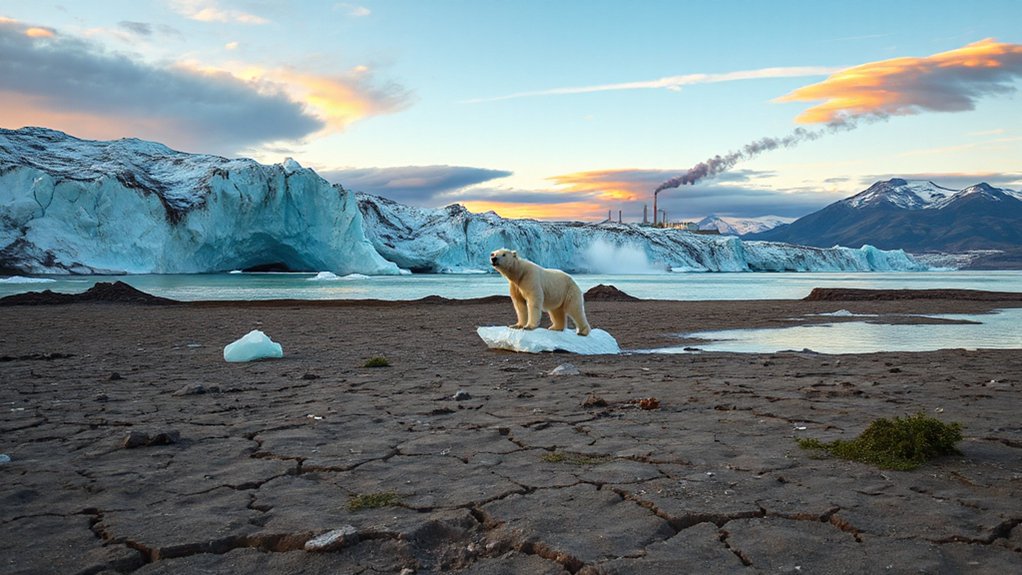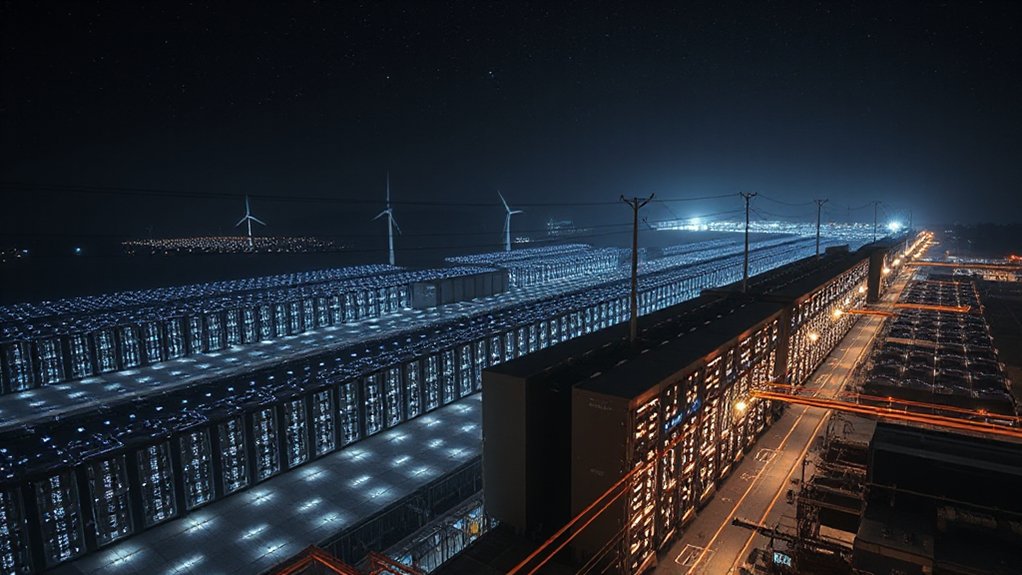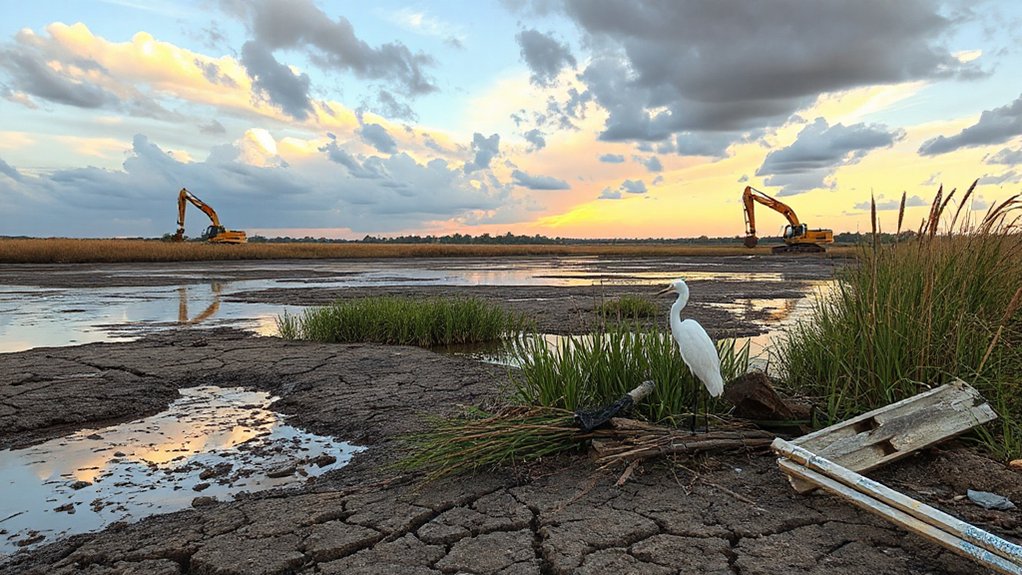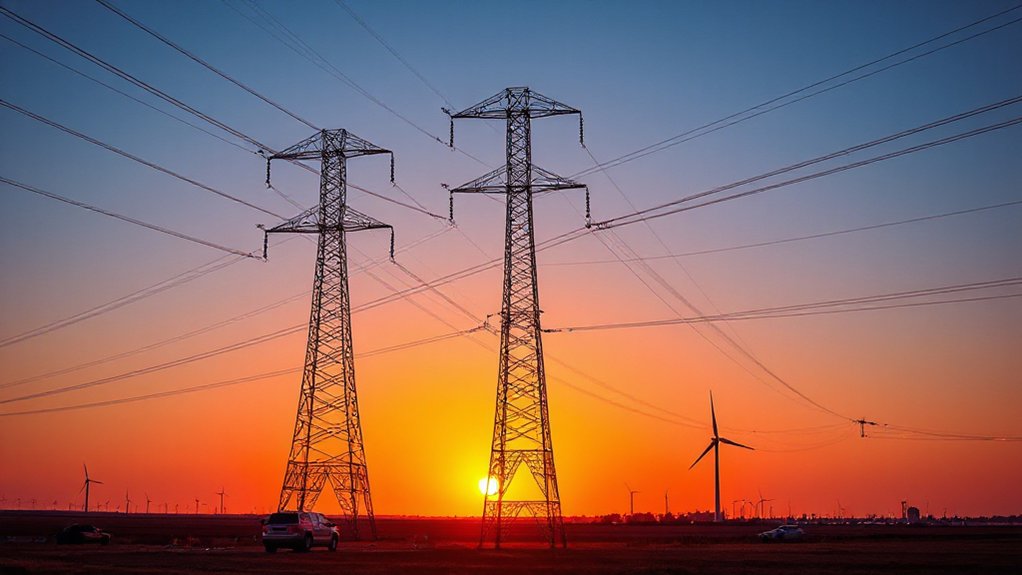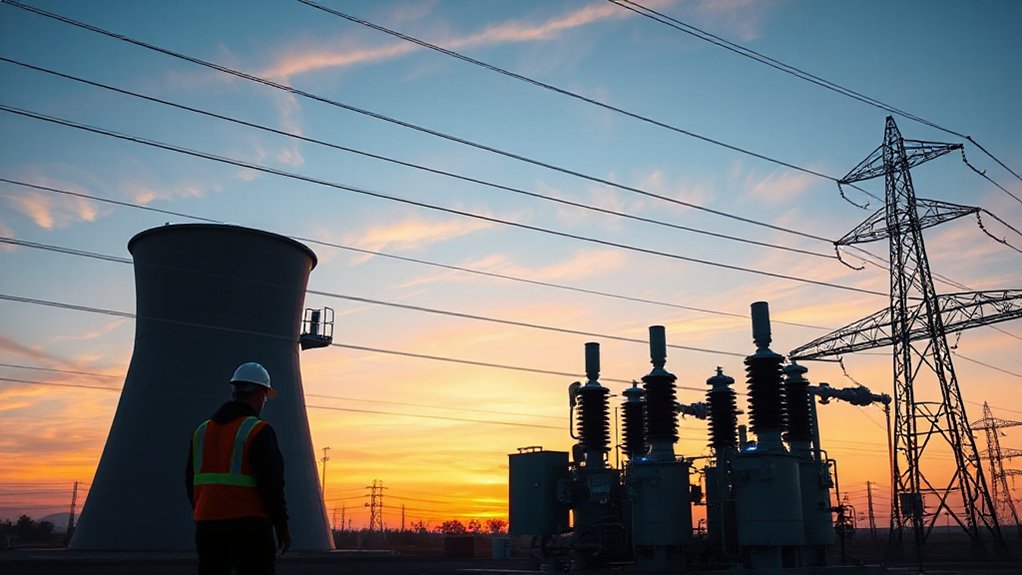Alarm bells are ringing. Scientists have identified five major Earth systems teetering on the edge of irreversible change, and one has already fallen. Warm water coral reefs became the first climate domino to topple after we surpassed the 1.2°C warming threshold. Since 2023, a staggering 80% of coral cover has experienced bleaching. Great job, humans.
The planet’s fever has risen to about 1.4°C above pre-industrial levels. That’s dangerously close to the 1.5°C threshold where other critical systems start to break down. Permafrost, the Greenland ice sheet, the West Antarctic ice sheet, and the subpolar gyre are all hanging by a thread. Once they go, there’s no hitting the undo button.
These aren’t just gradual changes. They’re tipping points—thresholds where small shifts trigger massive, self-perpetuating system collapses. Think of it like pushing a boulder off a cliff. Once it starts rolling, good luck stopping it.
The coral reef tipping point is particularly grim. One billion people depend on these ecosystems. So do a quarter of marine species. Small refuges might survive, but the damage is mostly permanent on human timescales. Unless we magically reverse global warming. And we’re doing so well at that, aren’t we?
What’s worse? These systems don’t collapse in isolation. They cascade. Permafrost melts, releasing methane, speeding warming, melting more permafrost. Arctic ice disappears, heating accelerates, Greenland’s ice sheet follows suit. It’s a planetary domino effect.
Scientists project we’ll blow past 1.5°C this decade. Every fraction of a degree matters. Every year at elevated temperatures increases the risk of triggering more tipping points. The renewable revolution, which has seen clean energy surpass coal generation for the first time in U.S. history, offers a glimmer of hope in this crisis. The Atlantic Meridional Overturning Circulation has been weakening for centuries and may be approaching a dangerous threshold. A complete collapse of the Amazon could devastate approximately 10% of global biodiversity.
The message is brutally simple: we need rapid greenhouse gas cuts now. Not tomorrow, not next year. Now. The Paris Agreement‘s 1.5°C goal isn’t just some arbitrary number—it’s the lifeline between the world we understand and one radically altered. Forever.
References
- https://news.mongabay.com/short-article/five-crucial-earth-systems-near-a-tipping-point-report/
- https://www.climatechangebh.org.uk/perspectives/global-tipping-points-conference-2025
- https://icriforum.org/gtp-2025/
- https://www.wits.ac.za/news/latest-news/research-news/2025/2025-10/new-reality-as-world-reaches-first-climate-tipping-point.html
- https://www.tandfonline.com/doi/full/10.1080/00139157.2025.2493563
- https://www.climate-tipping-points.eu/post/earths-first-tipping-point-crossed-whats-next
- https://www.planetarysecurityinitiative.org/news/global-tipping-points-report-2025
